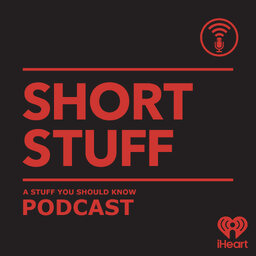How do trees affect the weather?
Sure, you know that trees have an impact on climate change: to wit, fewer trees mean more atmospheric CO2. But did you know that trees can actually impact local and immediate weather? Learn about why you should love trees even more than you do.
Learn more about your ad-choices at https://www.iheartpodcastnetwork.com
 Stuff You Should Know
Stuff You Should Know


